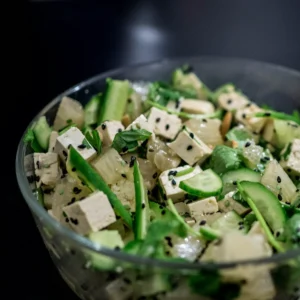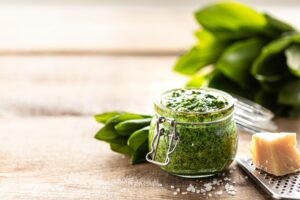Tartaric Acid is a food additive that’s classified as an antioxidant. Tartaric Acid is also called E334 in some countries. It’s derived from various sources, generally it’s sourced from a chemical reaction that occurs when Sulphuric Acid makes contact with water.
Table of Contents
While it can also be sourced from other places they’re far more expensive and thus rarely are used. But much like the above method, all the others are vegan-friendly.
As all production methods of Tartaric Acid is vegan, and thus E334 production as they’re the same thing, if you see either in an ingredient label don’t worry about it. It’s not one of the pesky non-vegan additives.
Is Tartaric Acid or E334 Safe to Consume?
There are no real negatives to Tartaric Acid other than there’s a slight increase in overeating in some groups who consume a lot of it. It’s not clear whether or not this is because of the chemical or if it’s because of the foods it’s normally added to, but it’s not an issue for most people, especially vegans who are often naturally slimmer due to our generally high-fiber content diets.
Is Tartaric Acid or E334 Vegan?
Yes, they’re both 100% vegan 100% of the time. They’re produced through either chemical processes or in certain fruits naturally, not in animal products, although some animal products may also contain Tartaric Acid or E334.
Tartaric Acid or E334 is used primarily to add a certain flavour or tang to beverages, but also candies and snacks; it’s basically like a stronger form of citric acid.






